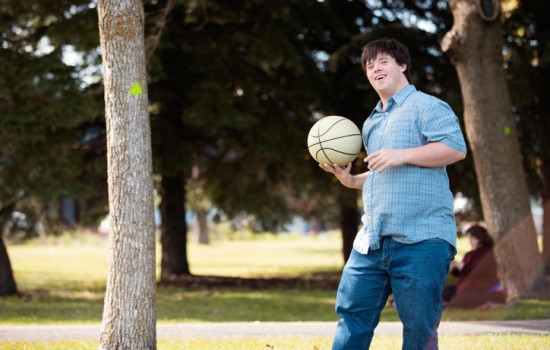Tips for good mental health
Specialised mental health hubs will open at two hospitals in NSW this year. While mental illness is a challenge faced by the whole community, it can be a particular issue for people with disabilities who have a higher risk of experiencing mental illness.
Holistic Hubs for people with a Mental Illness
From July 2019, people with intellectual disabilities in NSW who also live with mental illness will be able to access two specialised mental health hubs.
The hubs will incorporate a range of health professionals and services including psychiatrists, psychologists, occupational therapists, social workers and speech pathologists. An adult facility will open at the Concord Hospital while a children’s facility will open at Westmead Children’s Hospital.
NSW Minister for Mental Health, Tanya Davies said the hubs were the first of their kind in NSW.
Mental illness and the NDIS
Research from the Australian Government’s National Mental Health Commission estimates that nearly half of all Australian’s will experience mental illness in their lifetime.
The risk is even greater for people with disabilities, particularly those with intellectual disabilities, as they face additional barriers to accessing support.
In addition to the stigma around mental health and the high demand on mental health services, people with disabilities experience challenges accessing supports and services because of social exclusion, discrimination, cost and a lack of independence.
While not everyone who experiences mental illness will experience psychosocial disability, for those that do, there is support available via the NDIS. This support focuses on helping people participate in the activities of daily life and includes:
- help with planning and decision making and household tasks
- assistance to build capacity to live independently and achieve their goals
- supports to participate in community activities such as recreation, education, training and employment

Tips for good mental health:
Get active
The physical benefits of exercise are well documented, but did you know that research has shown a link between exercise and a reduction in the symptoms of depression and anxiety? When we exercise the body releases endorphins and serotonin which are chemicals which make us feel good. Thirty minutes of physical activity a day is all it takes to improve your mood.
Stay healthy
While exercise can be helpful for maintaining good mental health, so can a healthy diet. Check out these helpful tips from Health Direct. Similarly, getting plenty of sleep is another important way you can maintain good mental health. And finally, don’t forget regular checkups with your doctor.
Connect with people
Feelings of loneliness and isolation can worsen mental health issues. So it’s helpful to develop and nurture strong relationships with friends, family and workmates. For instance, spend time with the people you value or get out into the community and engage in the activities you enjoy whether that’s playing sport or going out for dinner.
Take action early
If your mental health is impacting your life, seek help early. Speak to your doctor or mental health professional and get the support you need. Nearly half of all Australians will experience some form of mental illness in their lifetime, so if you’re struggling remember that you’re not alone and there are people that can help.
Mental Health Supports and Resources
Lifeline
13 11 14 (24 hour crisis hotline)
Website: www.lifeline.org.au
Kids Help Line
1800 55 1800
Online counselling available at www.kidshelpline.com.au
Mensline
1300 789 978
Website: www.mensline.org.au
Suicide Call Back Service
Free nationwide counselling 1300 659 467
Website: www.suicidecallbackservice.org.au
Beyond Blue:
1300 224 636
Website: https://www.beyondblue.org.au/
Head to Health:
Website: https://headtohealth.gov.au/
